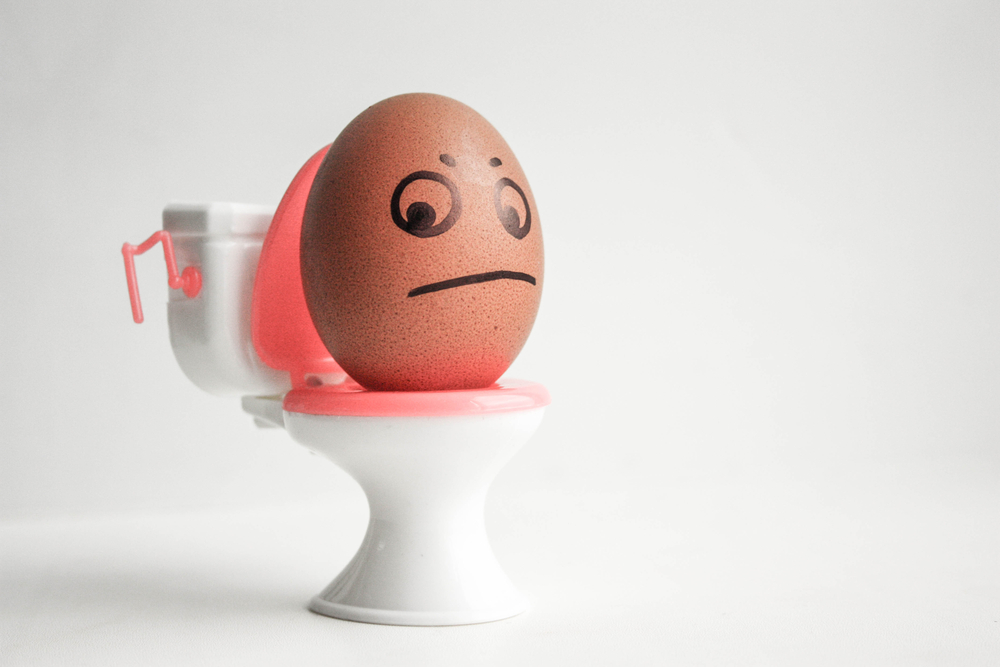Understanding Kidney Failure: Causes, Signs, and Treatments
This article explores the main causes, symptoms, and treatment options for kidney failure. It emphasizes early detection, lifestyle changes, and medical interventions like dialysis and transplants to manage this serious condition. Recognizing signs such as swelling, fatigue, or blood in urine can prompt timely medical care, improving prognosis. Practical lifestyle tips are discussed to support kidney health, including diet modifications and regular exercise, alongside professional treatment options to enhance quality of life for affected individuals.

Understanding Kidney Failure: Causes, Signs, and Treatments
The kidneys are vital organs responsible for filtering waste and toxins from the bloodstream. Approximately one in seven adults suffers from kidney-related issues, which can progress to complete kidney failure. Prompt attention to urinary or excretory problems is crucial. Advances in medical procedures now provide effective ways to prevent severe kidney damage and maintain health. Recognizing early symptoms and understanding the causes can lead to timely diagnosis and treatment, improving outcomes and quality of life.
Common Causes of Kidney Failure
1. Diabetes Mellitus
Persistently high blood sugar levels can damage blood vessels within the kidneys, impairing their filtering ability. Left untreated, diabetes may lead to kidney failure.
2. Hypertension
Chronic high blood pressure narrows blood vessels, reducing blood flow and impairing kidney function. Without management, this can escalate to full-blown kidney failure.
3. Polycystic Kidney Disease
An inherited disorder characterized by cyst formation inside the kidneys, causing enlargement and functional decline over time.
4. Autoimmune Conditions like Lupus
The immune system may mistakenly attack kidney tissues, leading to inflammation and damage that can result in failure.
5. Glomerular Disorders
Damage to the tiny filtering units in the kidneys (glomeruli) impairs waste elimination, raising the risk of progressing to failure.
Recognizing Symptoms
1. Reduced Urine Output
An unusual decrease in urine suggests impaired kidney function and warrants medical evaluation.
2. Edema in Legs, Ankles, and Feet
Fluid retention due to poor waste removal causes swelling in lower limbs.
3. Extreme Fatigue
Buildup of toxins in blood can cause tiredness, weakness, and difficulty concentrating.
4. Dry, Itchy Skin
Mineral imbalances from kidney dysfunction often lead to skin irritation.
5. Hematuria (Blood in Urine)
Damaged kidney filters may leak blood, indicating advanced disease.
6. Puffy Eyes
Loss of protein through faulty kidneys causes swelling around the eyes.
7. Frequent Urination
Damage to kidney filters can increase urination frequency; infections can cause similar symptoms. Consulting a doctor is advisable.
Treatment Strategies
1. Dialysis
This procedure removes excess fluid and waste artificially. Types include peritoneal dialysis, which uses the abdominal cavity, and hemodialysis, which filters blood externally. Patients often undergo sessions multiple times weekly.
2. Kidney Transplant
Replacing damaged kidneys with healthy donor organs offers a long-term solution, though ongoing medication and care are necessary to prevent rejection.
Lifestyle Adjustments
1. Limit Salt Intake
Reducing salt helps control blood pressure and reduces fluid retention.
2. Consume Heart-Healthy Foods
Incorporate leafy greens, whole grains, fruits, and vegetables to support cardiovascular and kidney health.
3. Stay Hydrated
Adequate water consumption aids kidney function; incorporate nourishing fluids like soups and fresh juices.
4. Regular Physical Activity
Exercise helps regulate blood pressure and cholesterol, protecting kidney health. Walking and jogging are excellent options.
5. Get Support and Guidance
Managing kidney disease involves lifestyle changes and support from health professionals, family, and friends. Recognizing the seriousness of the condition is essential.










